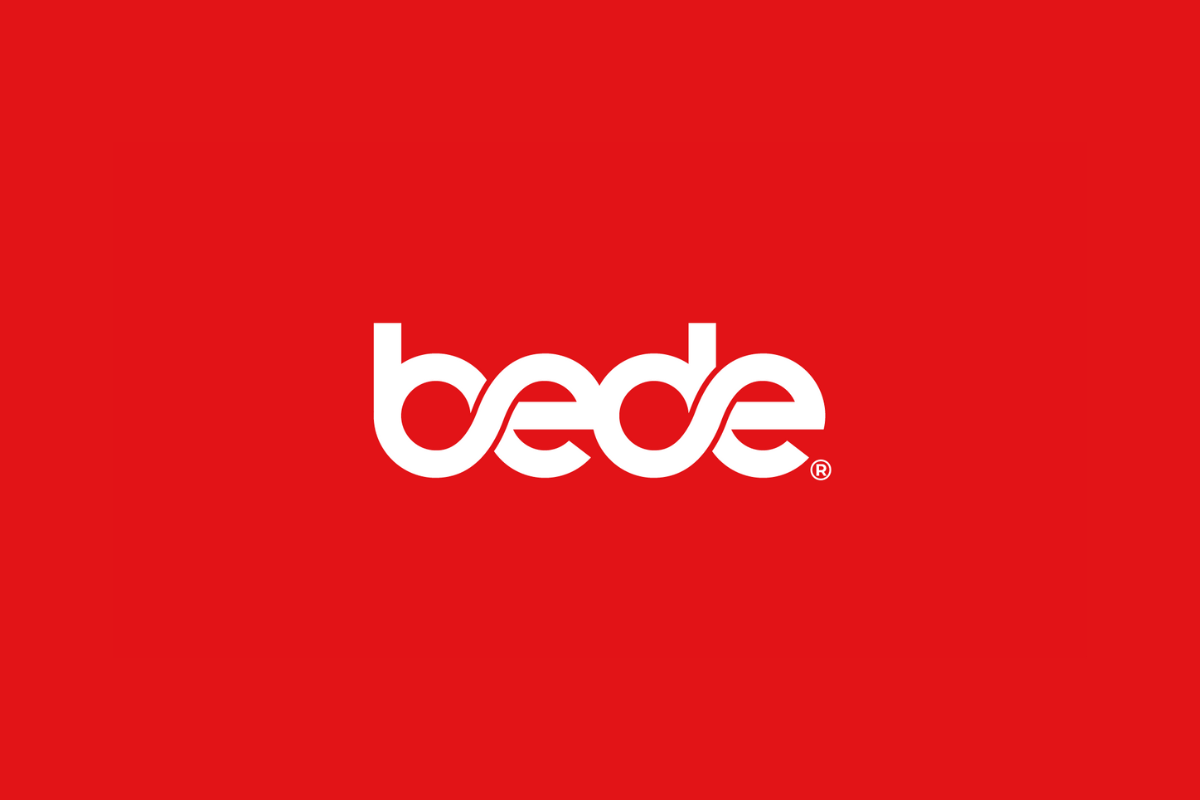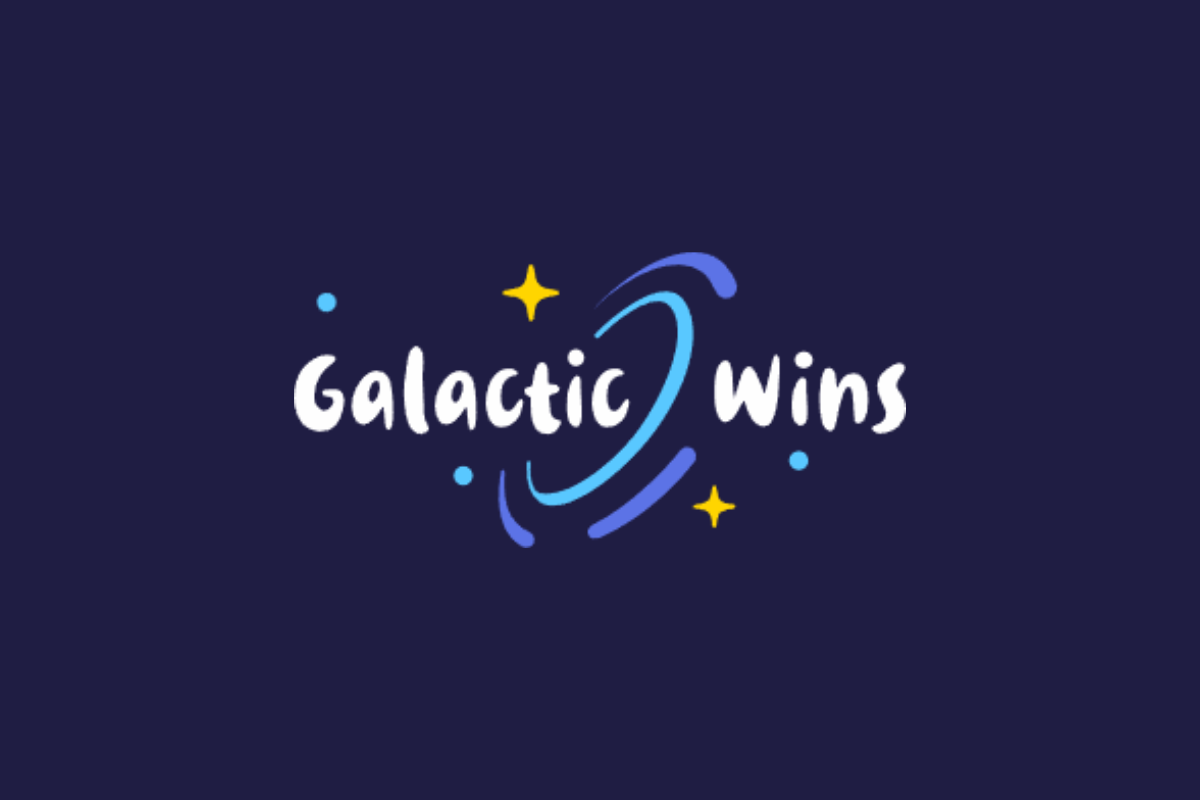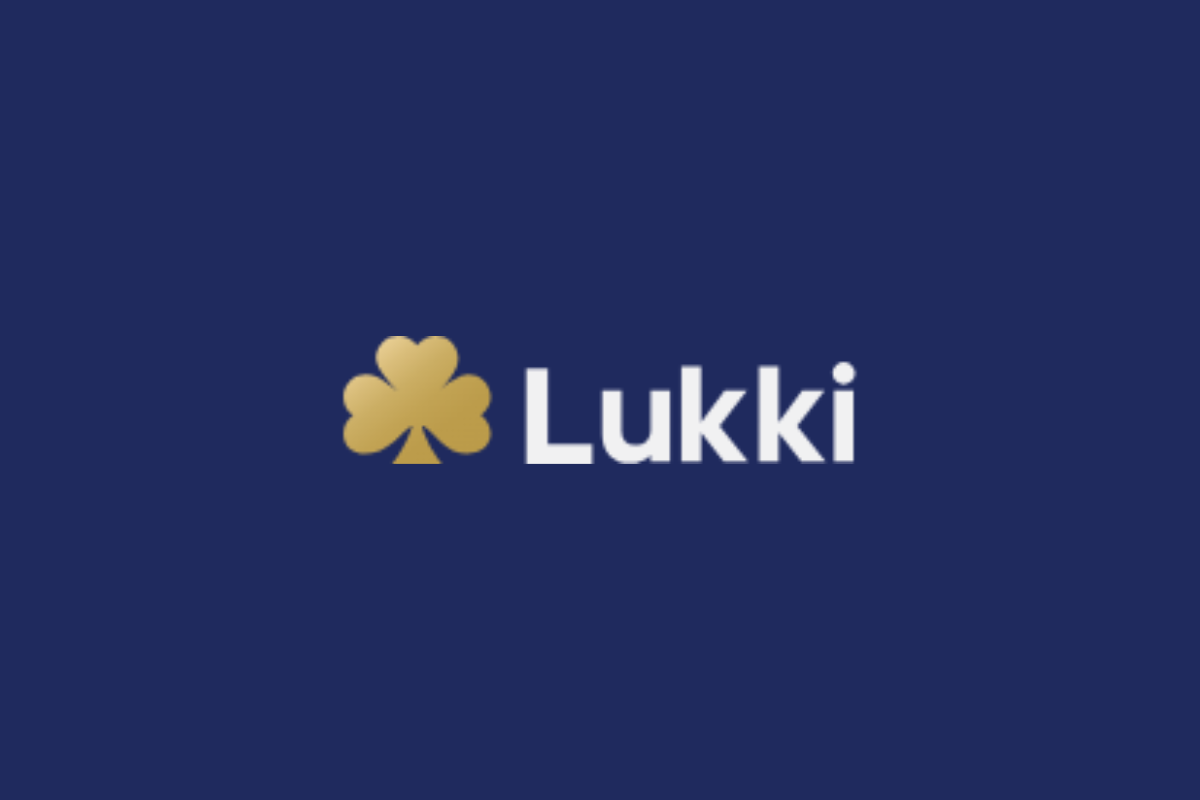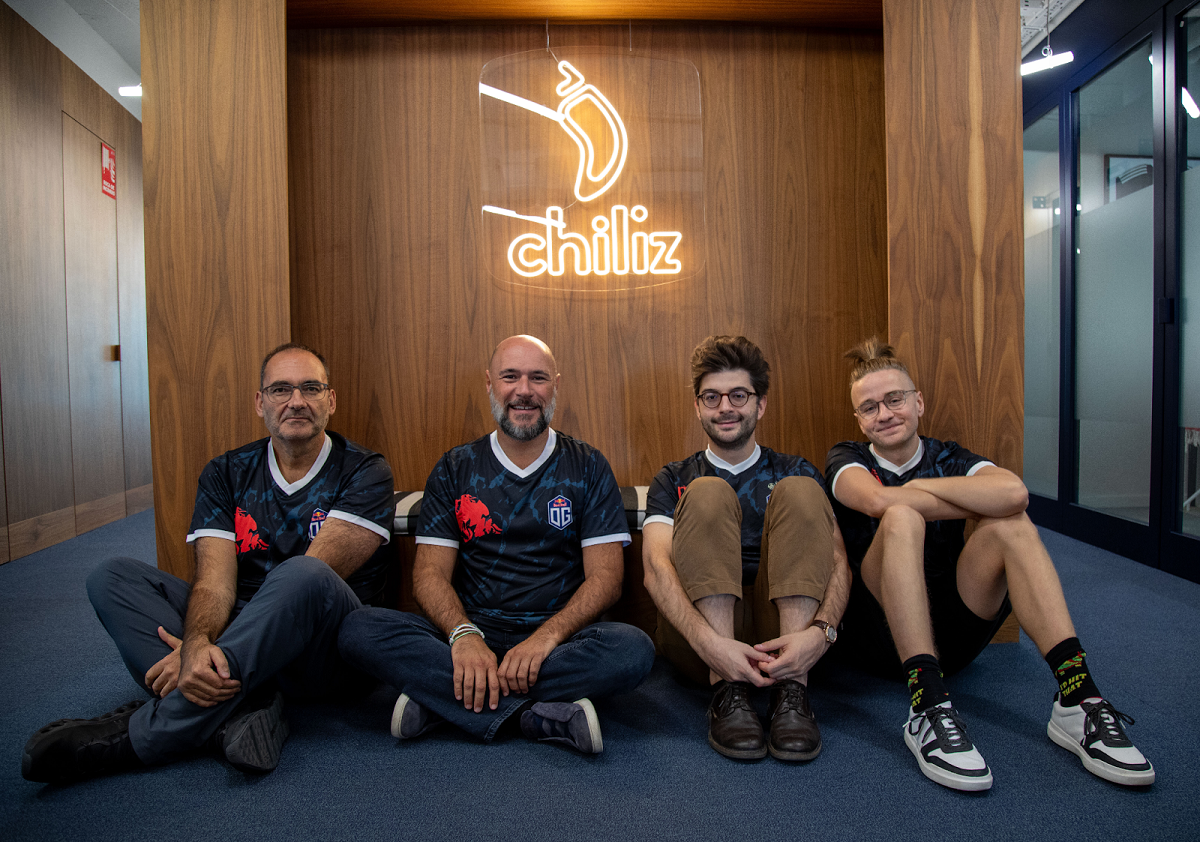Latest News
HIPTHER Community Voices: AI in iGaming: A Guide to Adoption, Benefits, and Challenges
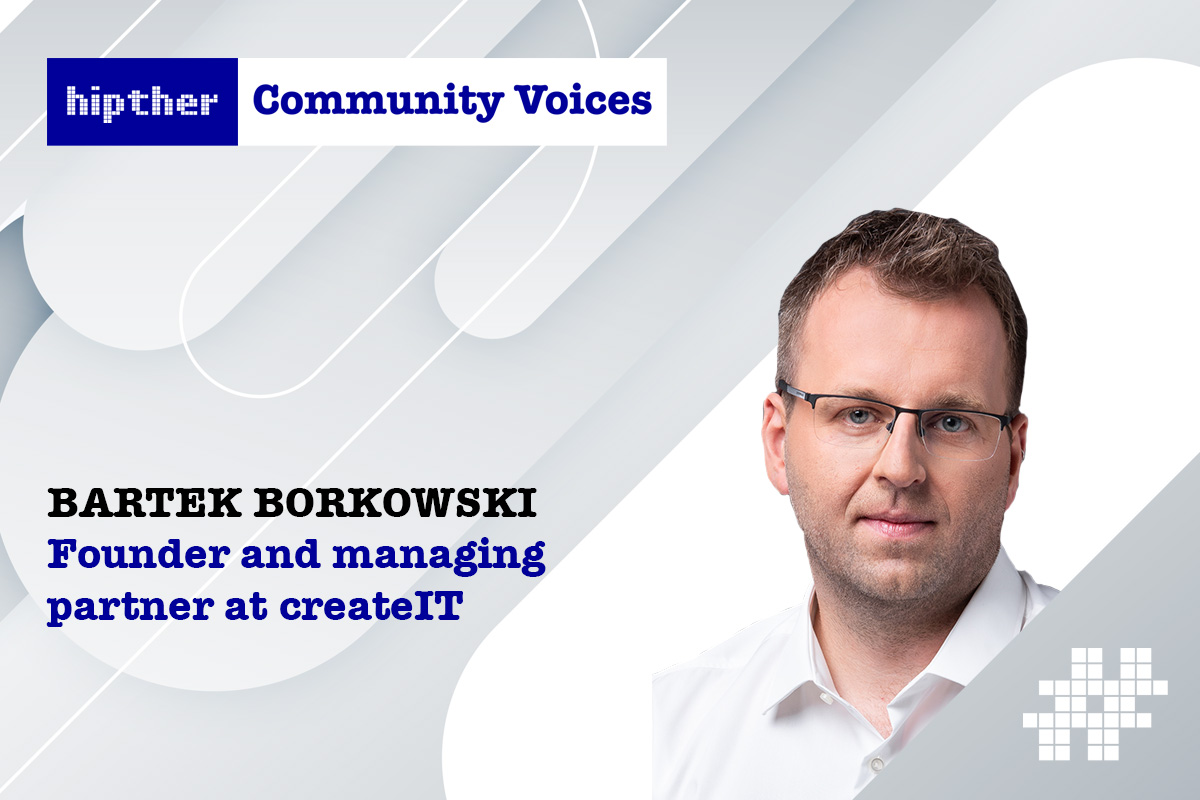
iGaming is undeniably growing, yet even here, AI adoption for streamlining operations and accelerating processes remains surprisingly low. The scale and speed of production of platforms, apps, games, content, bonuses, sports events, and even marketing campaigns are truly impressive in our industry. That’s why it’s natural that AI should become a real business enabler in iGaming – boosting efficiency and quality without the need for a complete process overhaul, and above all, helping us keep up with growing customer expectations.
Our speaker at European Gaming Congress (HIPTHER Warsaw Summit), Bartek Borkowski, Managing Partner of createIT and host of CEOpen mic, shares his perspective on AI in iGaming. With 15+ years in the industry, he now leads AI adoption in business processes and B2B/B2C products. Read more in the article below.
First steps in implementing AI in iGaming companies
As always, the hardest part is finding the right starting point – identifying the areas where technology can truly make a positive impact. And that’s the most common reason why our industry still only scratches the surface when it comes to AI. There’s also a widespread lack of understanding of what AI can really help with, how it works, and what impact it can have.
Many companies still approach the topic very cautiously. Alongside standard blockers such as concerns about implementation costs and numerous day-to-day priorities, in practice companies face completely different challenges – mainly organizational and communication-related. And here comes a very important piece of the puzzle – the human factor and resistance to change. Especially in larger companies, introducing new solutions requires not only a budget but also trust, education, and proper process management. Interestingly, a new type of resistance is also emerging – one driven by anxiety. Some employees approach AI with skepticism, fearing that the technology might threaten their jobs. This is understandable, but it’s precisely why transparent communication and demonstrating that AI is here to support people, not replace them, is so important.
That’s why the best place to start is by allowing teams to talk about their daily, small, repetitive tasks – the simple ones that take up a lot of time. This way, from the very beginning, we involve the teams in the whole process and focus on elements that will genuinely improve their work. If people see that methodical changes streamline their work and allow them to focus on strategic tasks, they will be more willing to adopt new products and solutions in the future.
Of course, if there are no AI operations or implementation specialists in the teams, it’s best to use companies that already have experience in the industry. First, you may discover that there are already ready-made solutions on the market that just need to be implemented. Second, an external company enters the organization with a clean slate, without attachment to existing processes – this makes it easier to spot real problems that AI can solve.
Most implementations follow a few repeatable steps, which are adapted depending on the type of organization and its stage of development:
- Needs analysis and goal setting
At this stage, it’s crucial, as mentioned before, to open up to employees, let them speak, and actively listen. It may turn out that difficulties are related to too many games to test, lack of budget for copywriters, insufficient content team resources, lack of quick response to production errors, poor player support quality, compliance with responsible gaming principles, offer personalization, or proper aggregation and analysis of huge amounts of data.
- ROI analysis
A stage that companies often forget. Remember, every automation should bring a return on investment. So before starting implementation, you need to check whether the costs (both direct and indirect) will result in profits, improve player retention, and increase GGR.
- Choosing a solution
There are two paths here. If during the needs analysis you discover that there is already an existing solution in the market, then selecting an AI model is not necessary – you only need a qualified person to handle integration into your company ecosystem. If you decide on a custom solution, you need to collect data, choose a model, define the tech stack, and consider cloud-based solutions. Additionally, you must build a team or work with an external company that can implement the solution in compliance with iGaming regulations.
- Data collection
If you proceed with implementation, you need to gather the right data. For example: game history, deposit amounts, player behavior, transaction data, and elements necessary for publishing indexable content. This is a very challenging stage because of the nature of the data, cleaning it, and anonymizing it. If the implementation concerns the player directly, this is where you need to create a central repository of player attributes to train the models.
After choosing the custom solution route and building a dedicated team, the next steps are model development and training, integration with production systems, ensuring data security, and continuous performance monitoring.
How AI is typically used and the benefits it brings
In the iGaming world, where speed, personalization, and responsiveness matter most, manual processes are no longer enough. AI doesn’t just accelerate operations – it enables scaling without sacrificing quality. It is moving from the innovation-for-pioneers phase to becoming a technological foundation for modern products and services. Those who learn to use it today are building a real advantage, while those who delay will have to catch up – in a race where time plays a critical role.
From a high-level perspective, AI in the iGaming industry enhances user experience, maximizes revenue, ensures compliance, and reduces operational risks. On the operational side, it streamlines and accelerates testing large volumes of slot games, creating and publishing content, personalizing offers, bonuses, and games, speeding up bug response on production sites, reducing fraud rates, and supporting responsible gaming practices.
The adoption of AI is visible across multiple layers of the industry. One of the most significant transformations is the automation of internal processes within companies. Traditionally manual workflows, such as quality assurance, game certification preparation, and data reporting, are now handled by AI-powered systems, reducing time-to-market and human error. Additionally, Customer Relationship Management platforms are increasingly enhanced with AI-driven capabilities. By analyzing behavioral data, transactional history, and player interactions, AI models within CRMs provide predictive analytics, automate personalized communication, and optimize retention strategies with a level of precision unattainable through manual segmentation.
Among the various segments in the iGaming ecosystem, affiliates have emerged as some of the fastest adopters of AI technologies. Their ability to process massive amounts of player acquisition data, run automated content generation, and leverage predictive algorithms for SEO and ad targeting gives them a significant competitive edge. This segment’s early integration of AI demonstrates its value not only for operational efficiency but also for scaling performance-driven marketing strategies.
AI also plays a critical role in slot development. Game studios increasingly use machine learning models to generate mathematical models, optimize asset production, and conduct automated stress and fairness testing at scale. Instead of relying solely on manual iterations, AI-based tools can simulate thousands of game sessions in minutes, ensuring compliance with regulatory requirements and delivering balanced gameplay experiences. These advancements allow developers to accelerate the creative process while maintaining the integrity and appeal of their games.
When AI goes wrong – risks for the iGaming industry
One of the most common mistakes when implementing AI in iGaming is the belief that AI is a magic solution for all problems. A technology that “implements itself,” solves everything, and grows the business on its own. The reality is less glamorous but far more practical: AI is just – or rather only – a tool. A very advanced one with huge potential, but it requires a clear strategy, high-quality data, well-defined goals, and a team that knows how to use it effectively. It’s also still a young tool, developing rapidly but with limitations – and every implementation needs a careful approach to its autonomy.
Remember, especially in iGaming, AI deals with sensitive data and influences business decisions – so human oversight must remain a permanent part of the process.
Too often, companies adopt AI just to follow a trend that is permanently changing the rules of the iGaming world. They move too quickly, without deep analysis of how the technology fits their business model. From a tech company perspective, the biggest risk is costly solutions that bring no value to the business or the end user – generating only disappointment, loss of enthusiasm, and resistance to future AI initiatives.
Another common problem is data quality – or lack of data. iGaming relies heavily on massive volumes of data – from game testing to player behavior analysis to content personalization. Algorithm engines learn from available information. If the data is wrong, incomplete, or poorly labeled, you can’t expect accurate predictions. Wrong segmentation, poor personalization, failed recommendations – all of these lead to real financial losses.
Breaking the myths around AI
Two persistent myths often come up in conversations with clients:
- AI can completely replace humans.
- Implementing AI justifies staff reductions.
Both are as dangerous as they are false.
The reality is quite different. AI was never designed to replace humans in processes. Its role is to assist, by taking over repetitive tasks, accelerating data analysis, and offering guidance when information overload makes quick decisions challenging. It’s a tool to amplify human knowledge and capabilities, not to eliminate them. At the end of the day, it’s people who grasp context, understand company goals and values, and see the bigger picture – something even the most advanced algorithm cannot achieve.
Moreover, organizations that implement AI wisely don’t experience job cuts. Instead, there’s a shift in skills. Teams work faster, smarter, and more creatively. Employees gain time for strategic tasks as intelligent tools handle routine operations. This transforms workflows but doesn’t strip them of purpose.
Experience proves that companies treating AI as a partner rather than a cheap replacement achieve far better outcomes. They grow faster and build stronger, more stable teams. Contrary to common belief, it’s not algorithms but well-prepared employees that drive successful AI adoption. Without them, the technology simply cannot deliver its full potential
The impact of AI on iGaming so far
In one of the latest special edition episodes of the CEOpen Mic – Faceoff podcast, I spoke with Joshua Gibbs (CEO of PlayAIO) and Toms Andersons (CEO of Live Gaming Solutions) about the limitations and potential of AI in fraud detection. This is an area where we can expect significant development in the near future, but the impact of AI goes far beyond a single application.
The most profound shift we are witnessing is in mindset. AI has not only improved individual processes but has fundamentally transformed the way we think about work, innovation, and adaptability. This change is irreversible. Once organizations experience how AI can accelerate, simplify, or even fully automate complex tasks, going back to traditional methods becomes almost unthinkable. But it’s not just about efficiency, it’s about redefining what’s possible.
Increasingly, new solutions are being designed with AI at their core. Take slot game testing as an example. A few years ago, a lot of it was done manually: testers spent countless hours identifying animation errors, incorrect payouts, misaligned graphics, and UX issues. Then came the first wave of automation, where scripts could test predefined scenarios.
Today, we are entering an entirely new era. Tools like PlayPatrol can now recognize images, generate and execute test scenarios autonomously, and continuously improve with each update. The result? Higher-quality testing at a fraction of the cost – and with minimal human intervention.
This evolution in AI-driven processes is not just an incremental upgrade; it is reshaping entire workflows and setting new industry standards. Fraud detection, game testing, and countless other areas are only the beginning.
What AI will never replace in iGaming
Artificial intelligence is clearly one of the most powerful tools available today. Yet even the most advanced algorithms do not remove our responsibility to focus on the fundamentals: purpose, quality, and the human element at the heart of every process. No matter how many tasks we delegate to AI or how extensively we use it, one thing remains constant: humans are the ultimate recipients of our efforts – the players, users, and business partners. Systems, automation, and solutions are all designed with them in mind, which is why staying grounded amid technological excitement is crucial.
Players don’t care whether a game was tested by AI or created by a development team. What matters is whether the gameplay is engaging, immersive, and enjoyable. While AI can enhance this process in many ways – through testing, personalization, or content optimization – it is difficult to imagine it creating an entirely new type of game or significantly elevating game quality in a way that truly resonates with the player anytime soon.
Bartek Borkowski – Founder and managing partner at createIT, a company with over 15 years of experience in the iGaming industry, specializing in creating custom software solutions for casino operators and game providers. Having scaled or built from ground up dozens of entertainment businesses through innovative software solutions, Bartek excels at identifying and removing system bottlenecks, bridging the gap between technical challenges and operational needs. He is also the host of CEOpen mic, a podcast where he speaks with C-level executives from the iGaming about their journey, motivation and honestly talk about their successes and failures.
-

 Asia5 days ago
Asia5 days agoDigital gaming disruption tackled in 1st AsPac Regulators’ Forum
-

 Africa6 days ago
Africa6 days agoKiron announces the launch of its new virtual football title, Turbo League, with SportPesa in Kenya and Tanzania
-
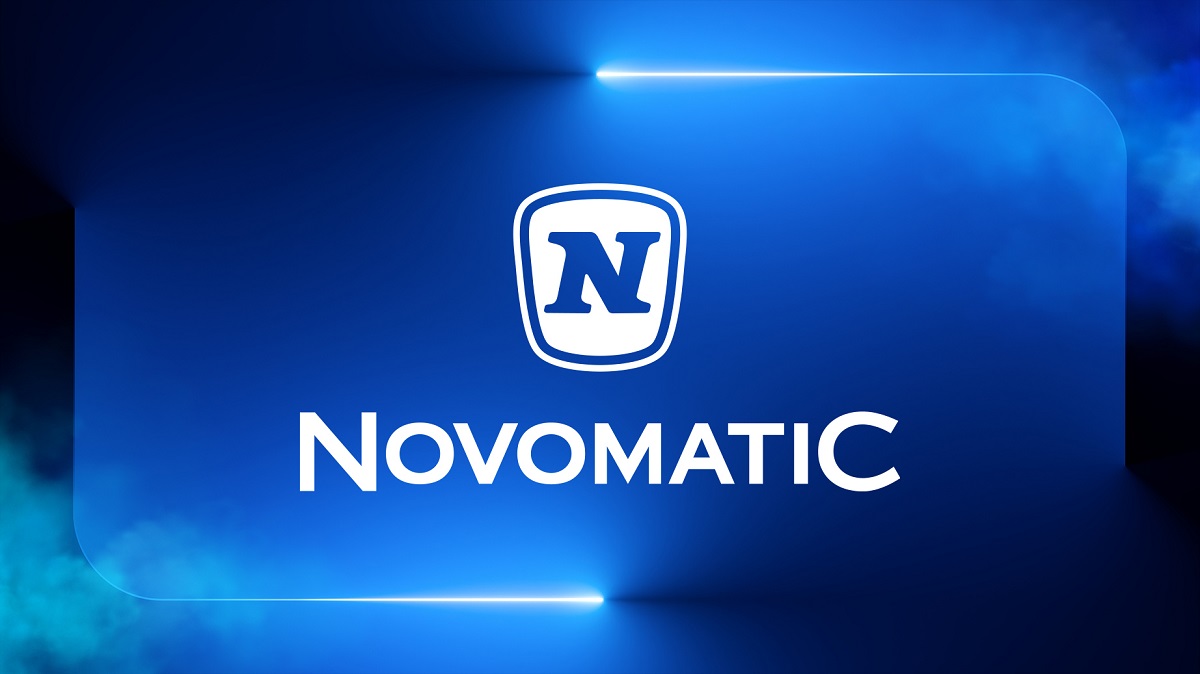
 Aquisitions/Mergers6 days ago
Aquisitions/Mergers6 days agoNOVOMATIC successfully completes sale of ADMIRAL Austria to Tipico and focuses on international growth markets
-
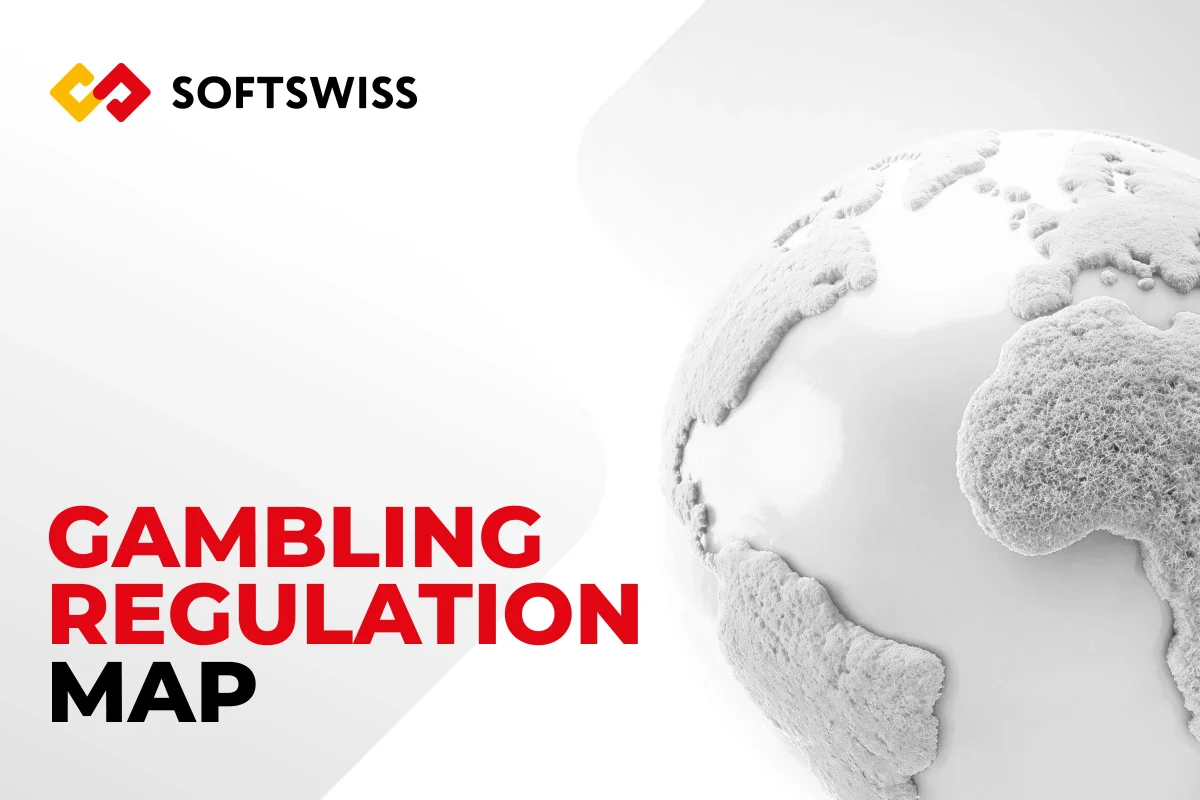
 Compliance Updates6 days ago
Compliance Updates6 days agoSOFTSWISS Releases Gambling Regulation Directory for iGaming Operators
-

 Compliance Updates6 days ago
Compliance Updates6 days agoAlternative Dispute Resolution (ADR) Role and Certification
-

 Asia6 days ago
Asia6 days agoiRace Media extends partnership with The Hong Kong Jockey Club in Asia
-

 Central Europe6 days ago
Central Europe6 days agoSYNOT Games Delivers Bespoke Games Exclusively for SazkaHry.sk in the Slovak Market
-
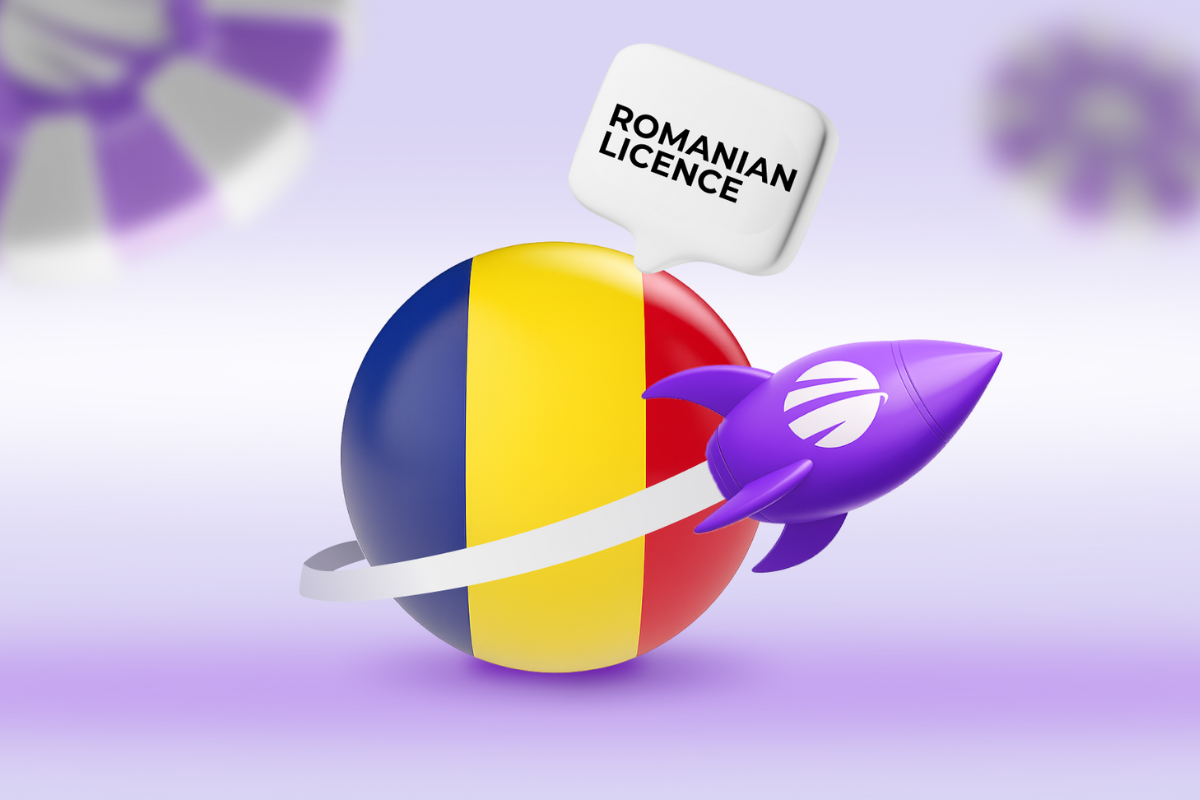
 Latest News7 days ago
Latest News7 days agoNuxGame Secures Romanian B2B Gambling License as a Strategic Milestone in European Expansion







